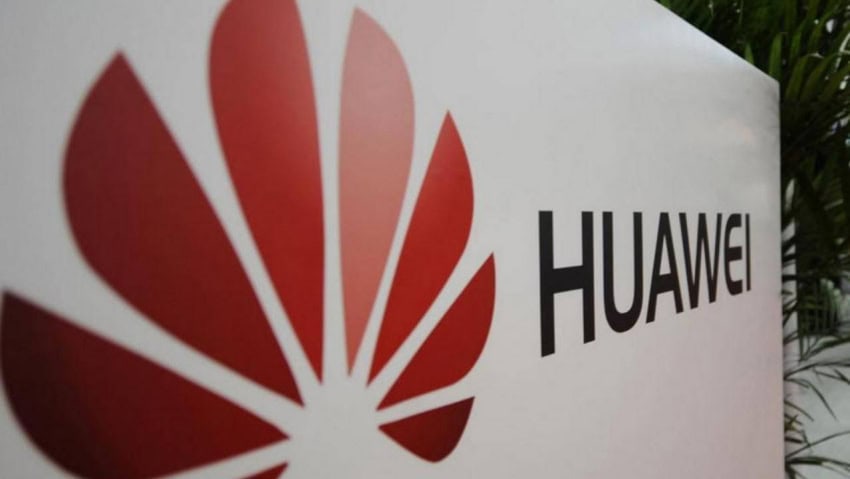SANTA CLARA, California – Complying with a Trump administration crackdown that threatens to choke off China’s largest technology company, top US silicon makers are temporarily cutting ties with China’s Huawei Technologies Co.
Bloomberg reports that Intel, Qualcomm, and Broadcom, three of the world’s leading chip designers and suppliers, are cutting off their dealings with Huawei, effective immediately. Nikkei reports that German chipmaker Infineon Technologies has also suspended shipments to Huawei, as have US memory chip makers Micron Technology and Western Digital.
The chip suspensions follow the earlier news of Alphabet Inc.’s Google cutting off the supply of hardware and some software services to the Chinese giant, effectively dumping it out of the Android smartphone market and forcing the Chinese company to develop its own open-source edition of Android.
https://en.dailypakistan.com.pk/technology/huawei-loses-access-to-play-store-after-google-cuts-android-license/
According to Bloomberg’s sources, employees across the major US chipmakers have been informed that their companies will freeze their supply deals with Huawei until further notice.
Intel provides processors for Huawei’s server products while Qualcomm supplies processors and modems for its mid-range phones. Xilinx and Broadcom provide components that Huawei uses for its networking equipment and business.
Microsoft hasn’t yet commented on whether it will continue to provide the Windows operating system for Huawei laptops, but it is likely to fall in line with Trump’s executive order.
According to another Bloomberg report, Huawei is said to have prepared for this outcome and gathered a massive amount of chips and other important components which will allow the top phone maker to keep running for the coming three months. Apart from stockpiling these chips, Huawei was also designing its own chips to go into mobile phones, laptops, and other networking products.
Huawei has prepared for such an eventuality and stockpiled these components so that it could last for at least three months. No one knows, however, how long this situation could last.
The Shenzen-based firm has recently been increasing the development and production of its own chips exactly to reduce its reliance on such US companies. However, it is far too early in the game for it be considered safe. Its business will still be crippled severely if the ban persists.














